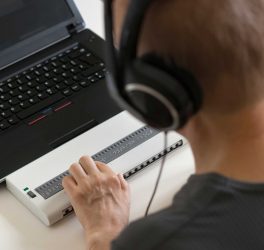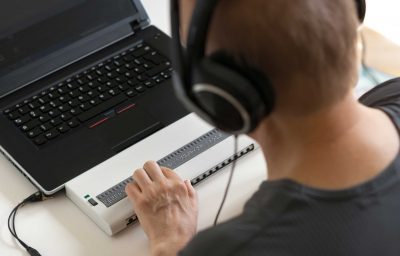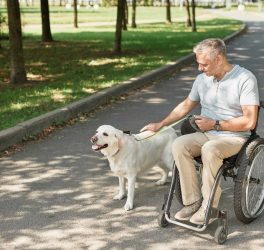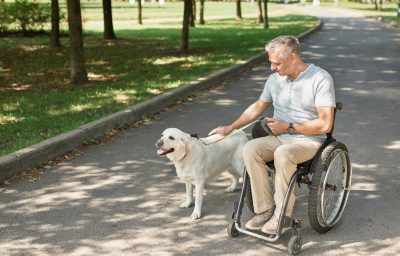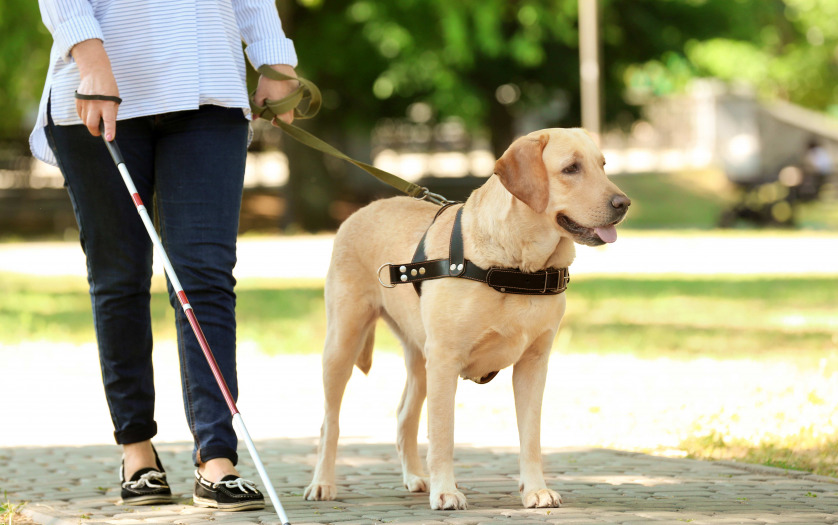
People with vision disabilities accompanied by guide dogs in Japan have denied entry to public places despite the law to allow them in.
A survey conducted by the National Federation of All Japan Guide Dog Training Institutions found that roughly half of people with vision disabilities have denied access to stores, hospitals, and other facilities because a guide dog accompanied them. The survey reflects the lack of understanding that persists in Japan despite the law to allow entry to guide dogs.
The survey was conducted over the course of a year, starting in January 2019, asking all of the users of eight training institutions. Survey questions included whether people who are blind or have low vision accompanied by guide dogs during that period of time had been denied entry to various facilities.
Among those surveyed, 336 (52%) experienced being denied entry when accompanied by a guide dog, with more than 70% of these facing this issue on multiple occasions. The most commonly excluded guide dogs were restaurants and bars, cited by 77% of the surveyed persons who experienced being denied entry, followed by hospitals, at 25%; and trains, buses, taxis, and other means of transportation, at 21%.
The most common reason given for denying access was that “dogs are not allowed,” mentioned in 62% of the cases, followed by “the inconvenience it would cause to customers with an allergy to or strong dislike of dogs,” at 46%, and “the lack of a precedent to allow dogs inside,” at 34%.
Under the Act for Eliminating Discrimination Against Persons with Disabilities, enacted in April 2016, people accompanied by guide dogs have the legal right to enter a restaurant, hospital, gym, or other facility and ride buses, taxis, and other forms of transportation. At the same time, it is required that the dogs be well maintained to remain quiet inside the facility, receive regular vaccinations, and are kept clean. Despite this law being in place, denial of entry continues.



